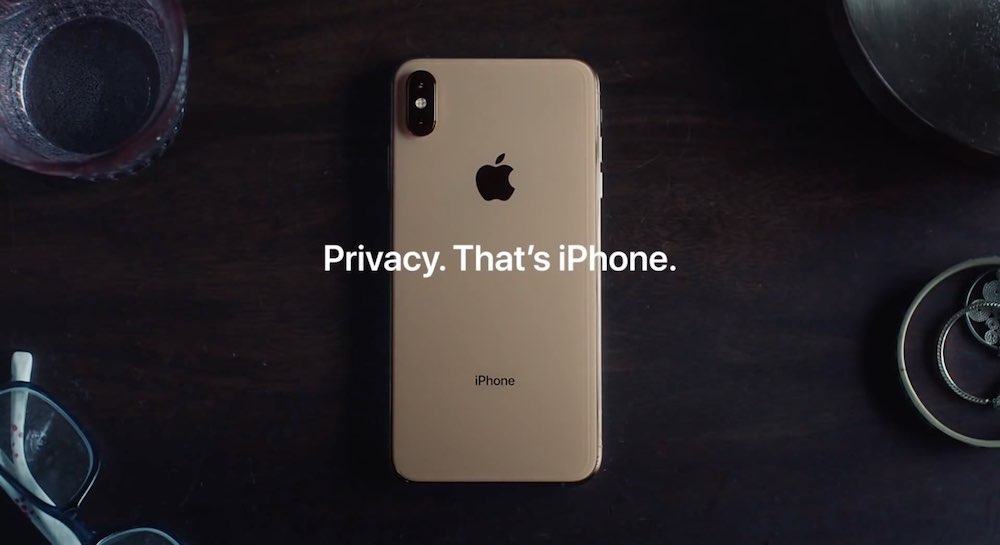Apple on Monday responded to accusations by the U.S. Justice Department that it didn't do enough to unlock the Pensacola shooter's iPhones, decrying "false claims" made by the Department of Justice.
During a Department of Justice press conference on Monday, Attorney General William Barr said that the FBI was able to unlock two phones connected to the shooting with "no thanks to Apple." Barr continued the volley, reiterating the Justice Department's stance that national security "cannot remain in the hands of big corporations who put dollars over lawful access and public safety."
Apple did give assistance to the investigation, and provided data stored in iCloud. But, the Cupertino tech giant refused to crack the encryption of its systems — a position it has adhered to for many years.
Hours after the Justice Department press conference, Apple provided additional clarity and details about its stance in a statement to AppleInsider.
The terrorist attack on members of the US armed services at the Naval Air Station in Pensacola, Florida was a devastating and heinous act. Apple responded to the FBI's first requests for information just hours after the attack on December 6, 2019 and continued to support law enforcement during their investigation. We provided every piece of information available to us, including iCloud backups, account information and transactional data for multiple accounts, and we lent continuous and ongoing technical and investigative support to FBI offices in Jacksonville, Pensacola and New York over the months since.
On this and many thousands of other cases, we continue to work around-the-clock with the FBI and other investigators who keep Americans safe and bring criminals to justice. As a proud American company, we consider supporting law enforcement's important work our responsibility. The false claims made about our company are an excuse to weaken encryption and other security measures that protect millions of users and our national security.
It is because we take our responsibility to national security so seriously that we do not believe in the creation of a backdoor — one which will make every device vulnerable to bad actors who threaten our national security and the data security of our customers. There is no such thing as a backdoor just for the good guys, and the American people do not have to choose between weakening encryption and effective investigations.
Customers count on Apple to keep their information secure and one of the ways in which we do so is by using strong encryption across our devices and servers. We sell the same iPhone everywhere, we don't store customers' passcodes and we don't have the capacity to unlock passcode-protected devices. In data centers, we deploy strong hardware and software security protections to keep information safe and to ensure there are no backdoors into our systems. All of these practices apply equally to our operations in every country in the world.
Apple has remained steadfast on protecting its encryption protocols for years. In 2016, the company famously refused to comply with a court order to help the FBI build a backdoor into its devices.
The FBI was eventually able to crack the device encryption it needed to then. And Monday's announcement reveals that the Bureau was able to do so again without Apple's help.
In fact, a source at the FBI reportedly told cybersecurity reporter Thomas Brewster that the agency chose the "wrong battle with Pensacola," since they've long been able to break into iPhone 5 and iPhone 7 devices.
There are several third-party security companies that build tools that can break into locked iPhones, iuncluding Cellebrite and GrayKey. Those devices typically take advantage of system vulnerabilities using exploits unknown to Apple.
Earlier in May, bug broker Zerodium said that it had a glut of iOS exploits available and was pausing submissions of new ones.
Despite the fact that federal agencies can already break into iPhones, Barr and the Justice Department are continuing to push for an entryway into Apple's smartphones. On Monday, the Attorney General called for a "legislative solution."
 Mike Peterson
Mike Peterson








 Marko Zivkovic
Marko Zivkovic
 Mike Wuerthele
Mike Wuerthele
 Christine McKee
Christine McKee
 Amber Neely
Amber Neely
 Sponsored Content
Sponsored Content
 Wesley Hilliard
Wesley Hilliard

 William Gallagher
William Gallagher








